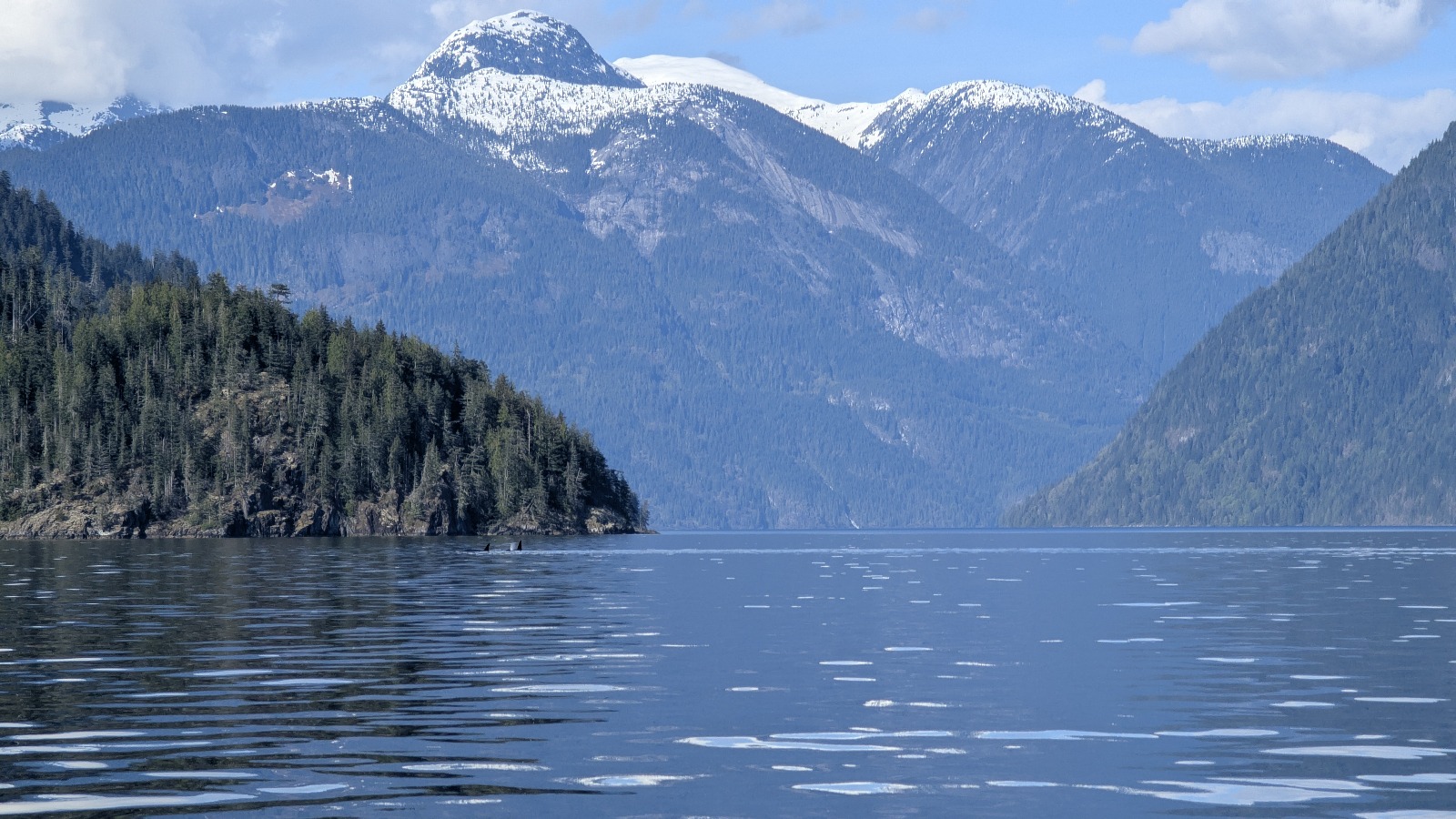
Support a Sustainable Blue Future
Protect coasts. Power innovation. Train ocean leaders. Your gift drives lasting impact!

Protect coasts. Power innovation. Train ocean leaders. Your gift drives lasting impact!
Ocean Research | 27-04-2025
by Joab Njue
Share article

In many coastal communities across the Global South, life is tied to the sea. The ocean isn’t just a view; it’s food on the table, it’s protection from storms, and for many, it’s a way of life passed down through generations. But while the ocean gives us so much, it’s getting very little in return.
Despite all the talk about climate change and sustainability, marine conservation especially in developing countries remains heavily underfunded. In fact, less than 2% of global climate finance goes toward ocean-related solutions. That’s not just a funding gap it’s a missed opportunity.
The ocean is a powerhouse. It absorbs carbon, regulates weather, supports economies, and feeds billions. But along the shores of Kenya, Mozambique, Indonesia, and beyond, coastal communities are watching their lifeline degrade. Coral reefs are bleaching. Fish stocks are dwindling. Mangroves nature’s flood barriers are being cleared or choked with plastic. And without proper investment, efforts to reverse the damage often fall short.
So, why is ocean finance still stuck in the shallow end?
Part of the problem is that many grassroots groups like those restoring mangroves or setting up marine reserves just don’t have the resources and technical knowhow to write perfect proposals or access big climate funds. Some of the most impactful work is being done by small, passionate teams who are too often overlooked by donors looking for “bankable” projects with slick spreadsheets.
On top of that, most grants are short-term, while nature works on a different timeline. You can’t restore a coral reef or a mangrove forest in six months it takes years of nurturing, patience, and community involvement. Without steady, long-term support, many promising projects stall just when they’re starting to make a difference.
At Ocean Nurture Network, we’ve seen this first-hand. Along Kenya’s coast, we work with local fishers, youth groups, and women-led cooperatives to restore degraded mangroves and build sustainable mariculture systems. The commitment is there. The knowledge is there. What’s missing? The funding to take it further.
But it’s not all bad news there are ways to turn the tide.
Blue carbon credits are gaining momentum, especially for ecosystems like mangroves and seagrasses that lock away huge amounts of carbon. If local projects can connect to this market and be fairly rewarded for the carbon, they store it could open up a steady source of income for conservation.
Community-driven finance is another promising path. When local groups are trusted with funding and supported to manage it they can achieve incredible things. It’s not about charity; it’s about empowerment.
Blended finance, which mixes public, private, and philanthropic funding, can also unlock bigger investments in marine eco-tourism, coastal infrastructure, or ocean-friendly agriculture. Some countries, like Seychelles and Belize, are already showing that blue bonds can work. So why not more?
But perhaps the biggest shift we need is mindset.
The ocean isn’t a cost it’s a solution. It’s not just a habitat for marine life it’s a frontline defence against climate impacts. Investing in it is smart, and frankly, long overdue.
So, whether you’re a donor, a policymaker, a business leader, or someone who just loves the sea this is your call to action. Let’s stop treating ocean finance like an afterthought. Let’s fund it like our future depends on it because it does.
At Ocean Nurture Network, we believe coastal communities deserve to lead the way in protecting their marine environments not just as volunteers, but as equal partners. With the right support, they can turn the tide for the planet, and for generations to come.
Ocean Research